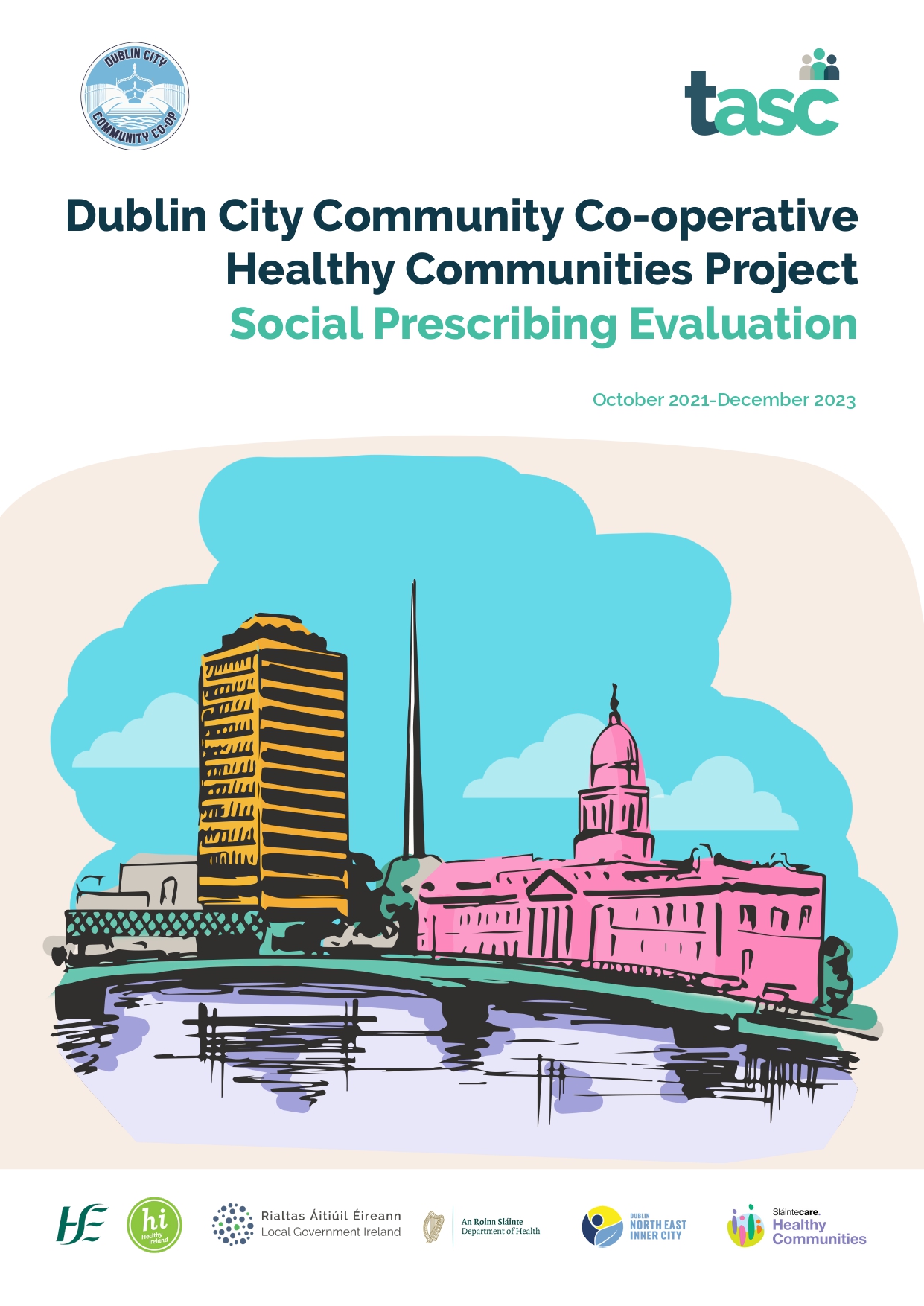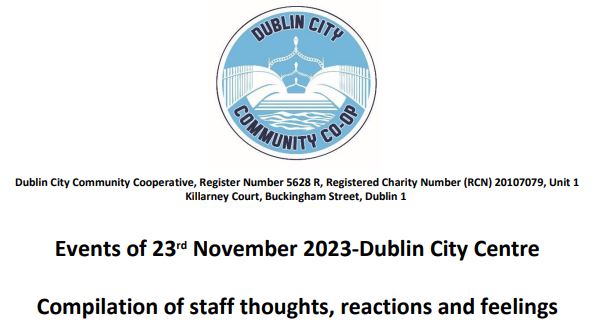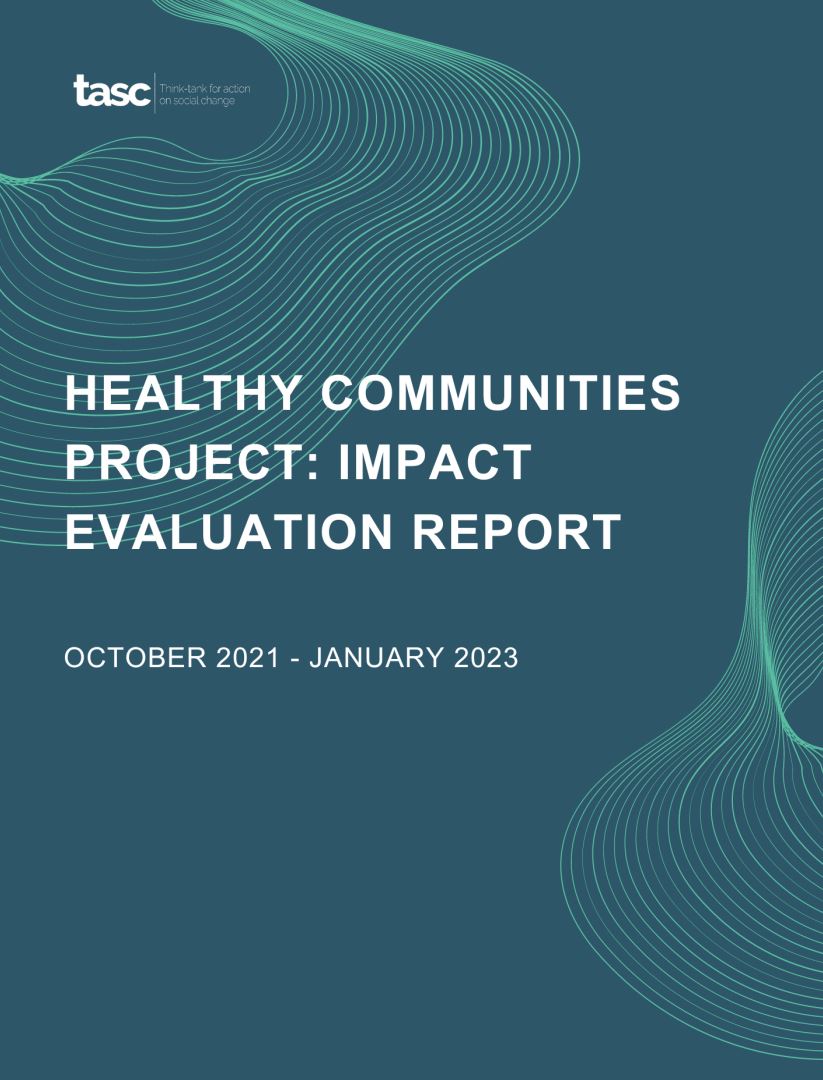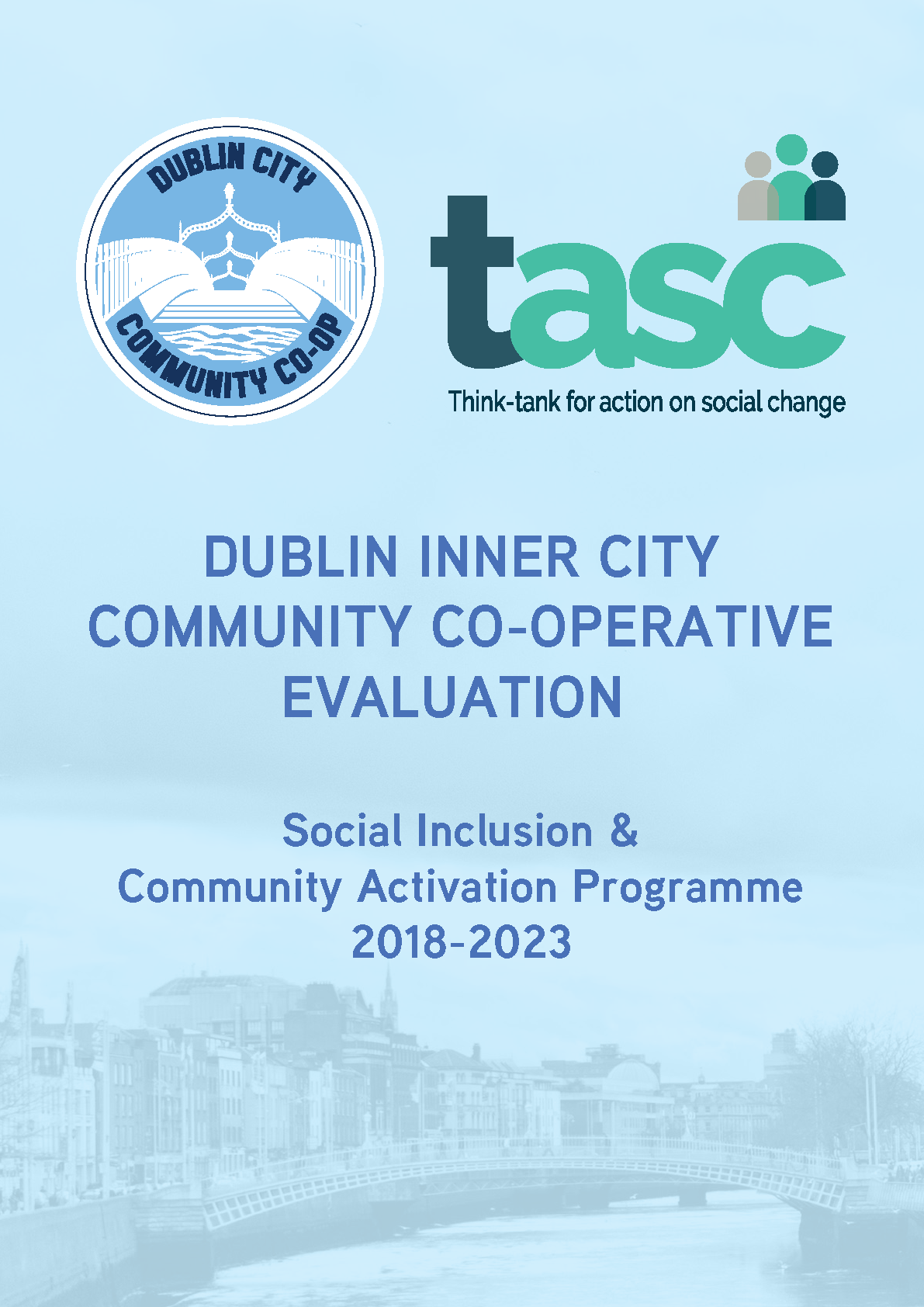
Please wait while flipbook is loading. For more related info, FAQs and issues please refer to DearFlip WordPress Flipbook Plugin Help documentation.

Please wait while flipbook is loading. For more related info, FAQs and issues please refer to DearFlip WordPress Flipbook Plugin Help documentation.

Please wait while flipbook is loading. For more related info, FAQs and issues please refer to DearFlip WordPress Flipbook Plugin Help documentation.

Please wait while flipbook is loading. For more related info, FAQs and issues please refer to DearFlip WordPress Flipbook Plugin Help documentation.

Please wait while flipbook is loading. For more related info, FAQs and issues please refer to DearFlip WordPress Flipbook Plugin Help documentation.

Objectives of this Paper

Ireland has obligations under international agreements to provide for the right to housing. Article 25 of the United Declaration on Human Rights (UDHR) provides that “Everyone has the right to a standard of living adequate for the health and wellbeing of himself and of his family, including food clothing, housing and medical care and necessary social services”. Similarly, Article 11 of the International Covenant on Economic, Social and Cultural Rights (ICESCR) provides that States Parties recognize the right of everyone to an adequate standard of living for himself and his family, including adequate food, clothing and housing and to the continuous improvement of living conditions”. States which have signed this Covenant are obligated to ‘take appropriate steps to ensure the realization of this right’.

The Co-op would like to endorse the position of the Living Wage Technical Group of which Social Justice Ireland, Nevin Economic Research Institute (NERI), TASC and SIPTU are members. In this submission we will briefly articulate the reasons for this endorsement and reaffirm the benefits of implementing the Living Wage, as they have been outlined by the aforementioned organisations. Our promotion of this position stems from our work in disadvantaged areas of the inner city. As is highlighted in our recently published No Child Shall Suffer report, there are working people of the inner city unable to provide an adequate standard of living for themselves and their families. The realisation of the Living Wage would alleviate significant stress and suffering for those we call the ‘working poor’.

Ireland has made numerous commitments to the wellbeing of the nation’s children. In January of 1919 the first Dáil of Ireland declared that no child in Ireland would go hungry, be denied shelter, or lack the means to gain an education. In 1992 Ireland ratified the UN Convention on the Rights of the Child. The rights endowed upon all children following its ratification include the right to shelter, nutrition, education, and protection from neglect and abuse.
In 2014 the Irish government introduced the first overarching national policy framework for children and young people. Better Outcomes Brighter Futures (BOBF), contained within it numerous positive and progressive commitments to the children and young people of this country. The six transformational goals and five national outcomes remain highly relevant for the succeeding policy framework. However, there is an implementation gap that must be prioritized going forward.

On-street drug dealing, drug related intimidation (DRI) and anti-social behaviour are deeply rooted challenges faced by many communities of the inner city of Dublin, both on the north side and south side of the river Liffey. To highlight population numbers in areas that are subject to daily on-street drug dealing, DRI and anti-social behaviour the analysis that follows focuses on the North East Inner City (NEIC). In due course it is planned to conduct a similar analysis on other areas of the inner city.
The analysis in this short paper examines the population figures for 27 NEIC Local Small Areas where ongoing-street drug dealing, DRI and anti-social behaviour are ongoing occurrences and for many of these areas the situation has prevailed for decades. The 27 Local Small Areas chosen for inclusion in this paper are by no means exhaustive but they reflect the areas of the NEIC where the problem is most prevalent.

The government is bound to the protection of children and the promotion of their wellbeing by numerous national and international policy documents and agreements, including Better Outcomes Brighter Futures, First 5, the International Convention on the Rights of the Child and the latest EU Child Guarantee. The lack of capacity (space, staffing numbers, finances, resources) within ECL facilities and services for SAC is a systemic flaw which undermines the ability of government to fulfil these obligations. The lack of capacity counteracts the goal of accessibility stated in Better Outcomes Brighter Futures. It impedes the realization of the first objective identified in First 5: to foster strong and supportive families and communities as a means to enable parents to balance work and caring roles. Lastly, the EU Child Guarantee introduced in 2021 recommends that member states guarantee that children have effective and free access to early childhood education and care. Clearly the dearth of spaces in such services is a practical issue which must be addressed if the government can reasonably expect to effectuate this recommendation.